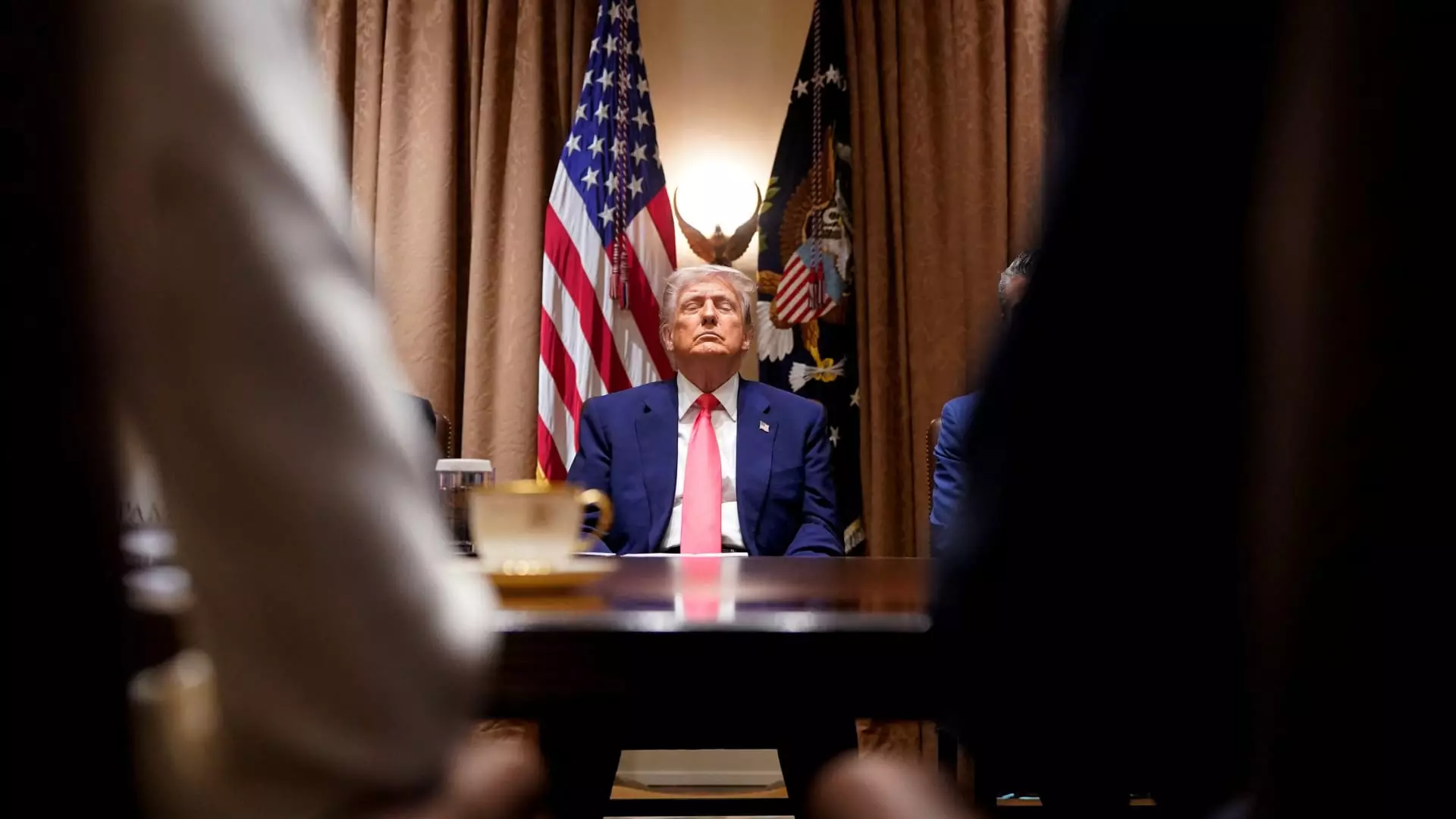In an audacious move, a collective of five small American businesses has taken a bold stand against the Trump administration, filing a lawsuit aimed at dismantling the newly imposed tariffs on foreign imports. This partnership of small enterprises is not just battling economic burdens; they are challenging an alarming encroachment upon democratic processes. By worsening trade conditions under the guise of emergency measures, the President is undermining not only the livelihood of these businesses but also the foundational tenet of Congress’s power to legislate.
The Legal Argument Against Executive Overreach
The crux of their argument hinges on the assertion that President Trump has overstepped his bounds. By leveraging the International Emergency Economic Powers Act (IEEPA) to justify sweeping tariffs, Trump is accused of bypassing congressional authority. The lawsuit starkly posits that such unilateral actions violate core aspects of democracy where taxation, in any form, must reflect the will of the people. As highlighted by the Liberty Justice Center, the pretext of an emergency declared by the President is a mere fabrication; the ongoing trade deficits do not manifest as a crisis warranting such drastic measures. This thin veil of urgency reveals a troubling trend towards authoritarianism, where legal mechanisms of power become tools for personal whims.
Devastating Impact on Small Businesses
The impending economic fallout from these tariffs is not an abstract notion but a harsh reality for businesses like Terry Precision Cycling and Genova Pipe. The mounting costs associated with tariffs are not trivial; they threaten the very existence of small enterprises that embody the American spirit of innovation and resilience. For instance, Terry Cycling has projected staggering losses that jeopardize its survival—$1.2 million in tariffs anticipated by 2026. This financial pressure could stifle creativity and growth, leading to layoffs and significant disruptions in local economies.
What’s striking about this lawsuit is not just its legal implications but its deep-rooted human impact. Each plaintiff represents a tapestry of American entrepreneurship, from educational electronics to cycling apparel. The specter of tariffs looms large over their dreams, fostering a climate of trepidation. These businesses didn’t just arise from capital; they were born from passion and the tireless work of individuals wishing to contribute to their communities.
The Fight for Democracy and Fair Representation
In calling for judicial intervention, these small businesses aren’t merely contesting the tariffs—they are advocating for a return to fundamental democratic principles. The notion that there should be “no taxation without representation” is an age-old principle that many may think outdated but remains pivotal today. In this conflict, the stakes are far more than tariffs; they are about maintaining a government that reflects its constituents’ needs versus one that exercises unchecked authority.
The lawsuit is pivotal in upholding not just the financial viability of small enterprises but also the core values of democracy. As the battle unfolds in the courtroom, it serves as a clarion call for all citizens to pay heed to how government actions can ripple through lives, businesses, and wider society. The implications of this suit extend beyond the immediate financial consequences; they touch upon the health of American democracy itself, making it an essential watchpoint for all engaged citizens.



Leave a Reply